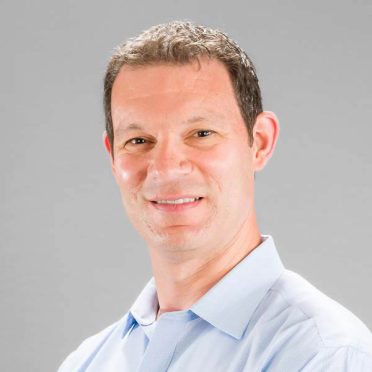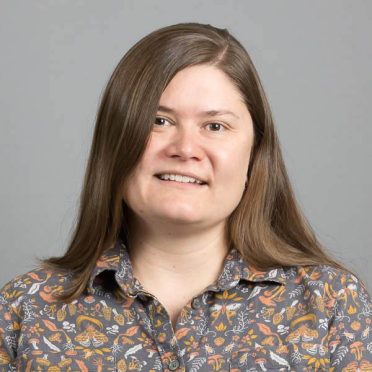The recent death of Stanford University soccer goalie Katie Meyer highlights the suicide risks that age group faces and the helplessness survivors feel.
Natchaug Medical Director Carla Schnitzlein, DO, said college students grapple with many pressures and stressors.
Meyer, 22, captain of the Stanford women’s soccer team, was found dead in her dorm room Tuesday.
“For elite athletes, acknowledging mental health struggles can still be perceived as a weakness,” Dr. Schnitzlein said. “There are a lot of pressures. They often say ‘attitude is everything’ and feel that if they are feeling sick the team can’t count on them.”
Outcomes generally improve if coaches and other adults are supportive of students seeking help, said Dr. Schnitzlein, who urged increased understanding of mental health.
David Bendor, PsyD, a clinical psychologist seeing young adults at the Institute of Living, said that while adults want answers, suicide is incredibly complicated.
“Young adults don’t commit suicide because of one factor,” he said. “It is usually a complicated constellation of factors, even chronic pain or trouble coping. We really don’t know what she was struggling with.”
Warning signs can include:
- Loss of interest in activities or lack of energy to do things.
- Increased or unhealthy substance use.
- Chronic pain.
- Withdrawal or isolation.
- Making references to suicide.
Many college students were unprepared for a post-COVID world, he said.
“There really was no way of anticipating what a struggle it would be for them,” he said. “Many feel isolated and adrift.”
Natchaug, located between Eastern Connecticut State University (ECSU) and University of Connecticut, is seeing increased need for support, especially in younger students.
“We are seeing a lot of freshmen and sophomores struggling with homesickness,” Dr. Schnitzlein said. “It’s also tough for athletes to deal with classes, social situations and sports commitments, it can feel overwhelming and students aren’t always sure how to reach out. It can be a very rough transition during this period of life that was already a challenging time.”
She said that after most students were online during the pandemic, they are now dealing with in-person classes and social situations they didn’t have, which can lead to increased anxiety among some students.
At ECSU, Andrea Reischerl, APRN, is embedded in the mental health clinic two days a week. Natchaug is helping identify ways to support student mental health. Both Reischerl and Dr. Schnitzlein serve on ESCU’s Mental Health Task Force.
At UConn, Carrie Vargas, PhD, director of ambulatory services at Natchaug, helps fast-track students needing outpatient mental health support in an intensive program designed specifically for college students. Transportation is provided as well, as this can be a barrier for treatment if a student doesn’t have a car on campus.
The collaborative work can be a game-changer, Dr. Schnitzlein said.
“The 18-to-26 age group lives more in the moment, and that moment feels like it is going to define their trajectory forever,” Dr. Schnitzlein said. “(The Stanford student) had all sorts of eyes on her, and likely felt a lot of pressure.”
Meyer’s parents spoke on the “Today” show March 4 about how college administrators can keep parents in the dark. Students older than 18 are considered adults and communication doesn’t involve parents.
Dr. Schnitzlein noted the best approach for someone struggling with mental health issues is to involve whoever the student considers part of their support system.
If you are thinking about harming yourself or attempting suicide, tell someone who can help right away or dial 911 in an emergency. In Connecticut, dial 211 (option 1) to receive help as an adult in crisis. You also can call the National Suicide Prevention Lifeline (Lifeline) at 1‑800‑273‑TALK (8255), or text the Crisis Text Line (text HELLO to 741741). Both services are free and available 24 hours a day, 7 days a week. All calls are confidential.
Natchaug Hospital offers mental health and addiction treatment for children, adolescents and adults through a network of community-based programs in Danielson, Dayville, Enfield, Groton, Mansfield, Norwich, Old Saybrook, Vernon and Willimantic. For more information, click here.
The Young Adult Medical Track is taking referrals at 860.545.7008. To learn more and to meet the team, click here.
Learn more about it from a recent podcast. Click here.




